
Animal or bird feeding is a nice experience, one in which you offer food to the feathery and furry friends. Lots of people take pleasure in feeding birds particularly. They are un-alert to the truth behind some misconceptions surrounding it. Here is a view at a few of the myths related to feeding birds and the true facts about them.
One of the most popular untruths is that bird feeding would make them be reliant upon food handouts. That is false, and as a bird may go back daily to a feeder, that food doesn't frame its complete regular feeding. Present studies have proven that feeder food will make up for only about twenty-five percent of a bird's food consumption every day. Therefore, even if you have fed a bird, he's probably going to look to a natural source to maintain itself all through the daytime.
An added myth says rice is dangerous for birds. Several individuals have the misconception that feeding some rice to the birds will cause them to swell and also lead to their death. But, the reality is, rice is a very nutritious source for the birds. Thus, if you choose to feed the bird leftover or uncooked rice, you shouldn't be concerned about any dangerous effects upon its health.
Peanut butter is additionally believed to be threatening to birds. Many people think peanut butter may become stuck in the throat of the bird, making them suffocate. Peanut butter is actually great for birds because its a fabulous source of fat and calories that birds love. Many birds such as the woodpeckers, nuthanatches, jays and chickadees enjoy peanut butter. So, in the case that you feel the peanut butter is overly sticky; you may make it a bit crumbly by putting cornmeal into it.
Another myth concerning bird feeding is that birdseed will never turn bad. Its vital to know that birdseed is exactly like all other types of food. Its just as at risk of damage as the other foods are. When you don't pay attention to the correct storage, there's a chance of it further turning bad. If birdseed is stored for a long period of time, the seeds dry out. This'll mean a drop in the feed's nutritional value. To avoid this, it's advised to store food in the appropriate way. Ideally, it must be kept in a cool, dry place.
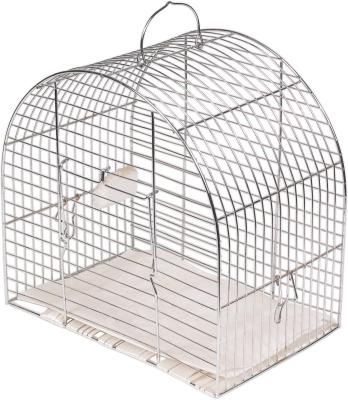 DIY: Metal Bird Cage
DIY: Metal Bird Cage
DIY: Metal Bird C
DIY: Metal Bird Cage
DIY: Metal Bird Cage
DIY: Metal Bird C
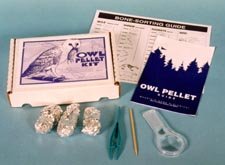 Learn and Create: Attracting Owls to Your Backyard
This series of articles will
Learn and Create: Attracting Owls to Your Backyard
This series of articles will
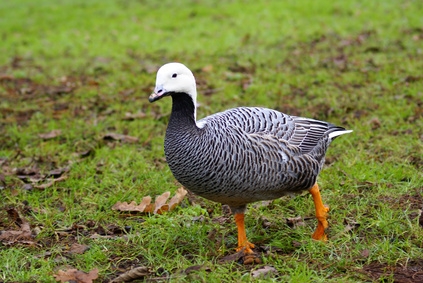 Northern California Bird Identification
Northern California Bird Identification
Northern California Bird Identification
Northern California Bird Identification
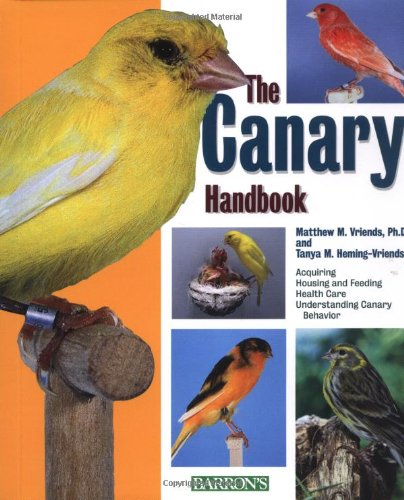 A Beginners Guide to Keeping Canaries
A Guide to Keeping CanariesC
A Beginners Guide to Keeping Canaries
A Guide to Keeping CanariesC
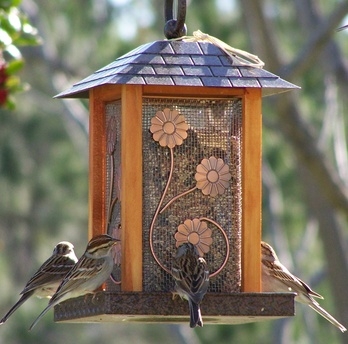 How to Make a Wooden Bird House Pole System
How to Make a Wooden Bird House Pole System
How to Make a Wooden Bird House Pole System
How to Make a Wooden Bird House Pole System
Copyright © 2005-2016 Pet Information All Rights Reserved
Contact us: www162date@outlook.com